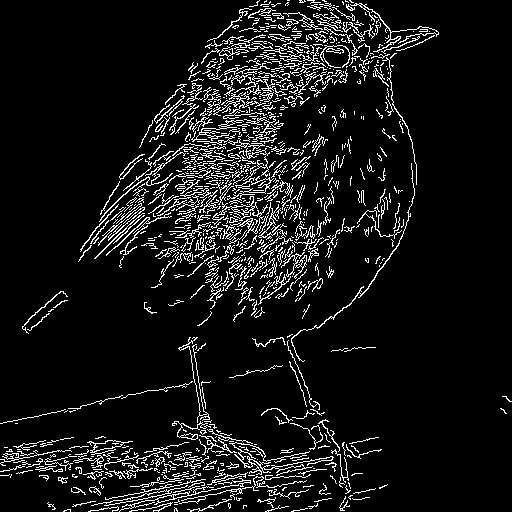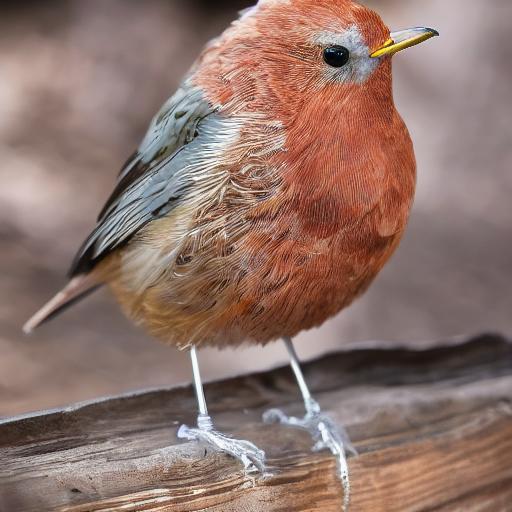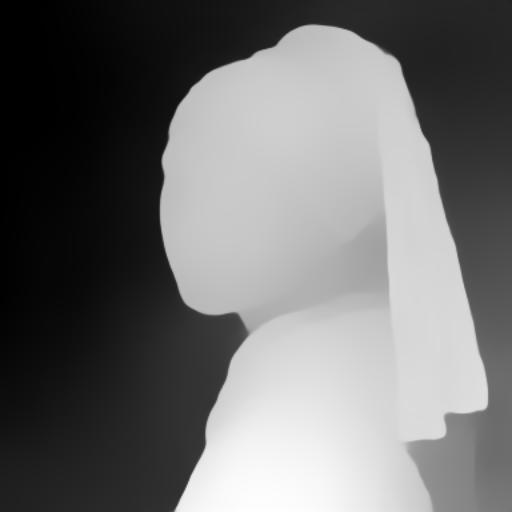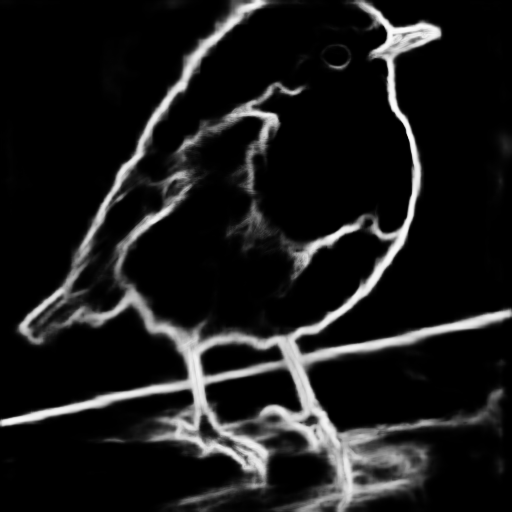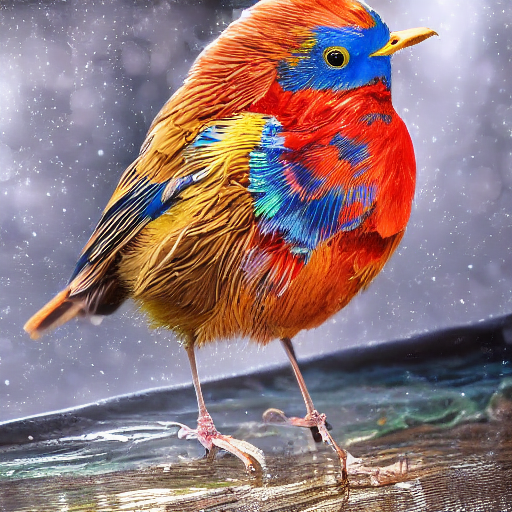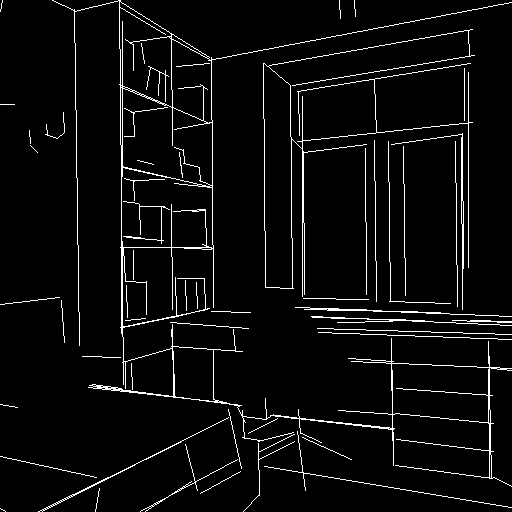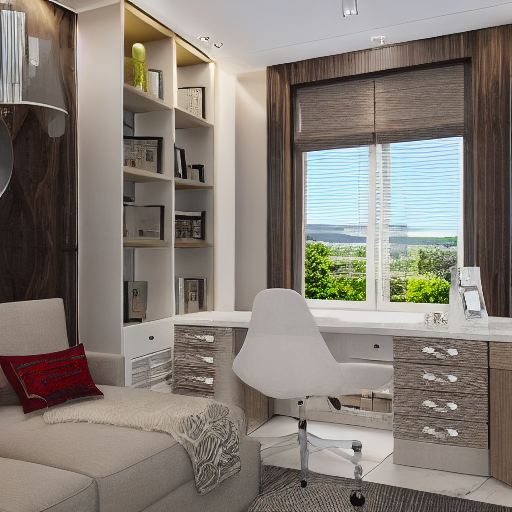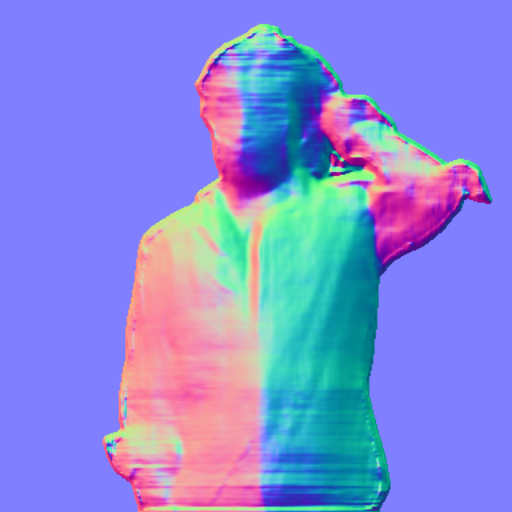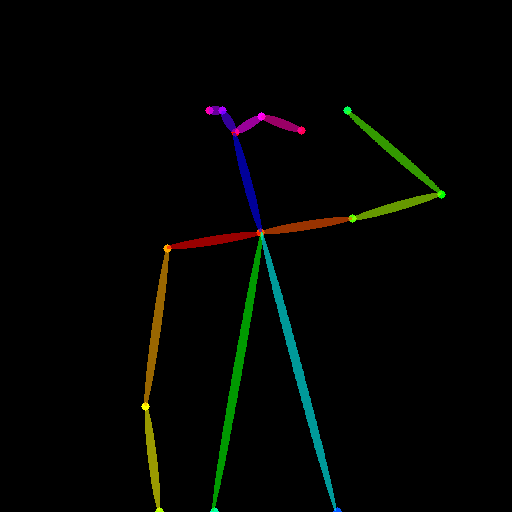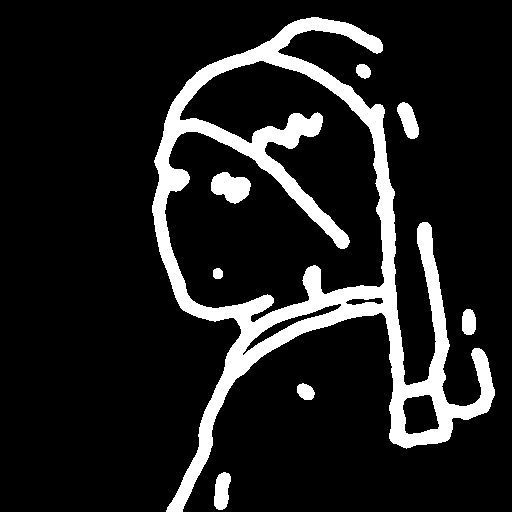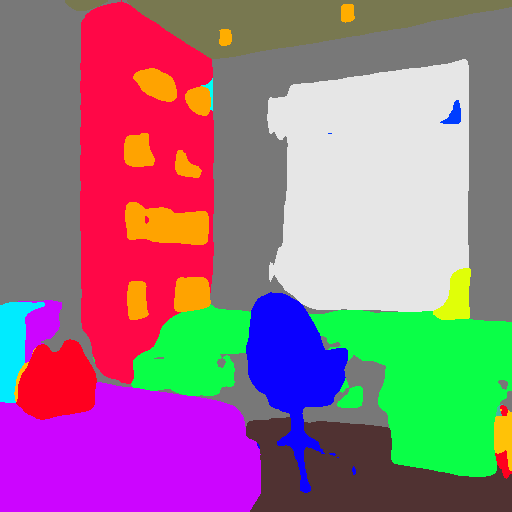🚀 Controlnet - M-LSD Straight Line Version
ControlNet is a neural network structure that enables control of diffusion models by incorporating additional conditions. This checkpoint is specifically designed for ControlNet, conditioned on M-LSD straight line detection. It can be used in conjunction with Stable Diffusion.

🚀 Quick Start
It is recommended to use the checkpoint with Stable Diffusion v1 - 5 as the checkpoint has been trained on it. Experimentally, the checkpoint can also be used with other diffusion models such as dreamboothed stable diffusion.
Note: If you want to process an image to create the auxiliary conditioning, external dependencies are required as shown below:
- Install https://github.com/patrickvonplaten/controlnet_aux
$ pip install controlnet_aux
- Install
diffusers and related packages:
$ pip install diffusers transformers accelerate
- Run the following code:
from PIL import Image
from diffusers import StableDiffusionControlNetPipeline, ControlNetModel, UniPCMultistepScheduler
import torch
from controlnet_aux import MLSDdetector
from diffusers.utils import load_image
mlsd = MLSDdetector.from_pretrained('lllyasviel/ControlNet')
image = load_image("https://huggingface.co/lllyasviel/sd-controlnet-mlsd/resolve/main/images/room.png")
image = mlsd(image)
controlnet = ControlNetModel.from_pretrained(
"lllyasviel/sd-controlnet-mlsd", torch_dtype=torch.float16
)
pipe = StableDiffusionControlNetPipeline.from_pretrained(
"runwayml/stable-diffusion-v1-5", controlnet=controlnet, safety_checker=None, torch_dtype=torch.float16
)
pipe.scheduler = UniPCMultistepScheduler.from_config(pipe.scheduler.config)
pipe.enable_xformers_memory_efficient_attention()
pipe.enable_model_cpu_offload()
image = pipe("room", image, num_inference_steps=20).images[0]
image.save('images/room_mlsd_out.png')



✨ Features
ControlNet is a neural network structure to control diffusion models by adding extra conditions. This checkpoint corresponds to the ControlNet conditioned on M-LSD straight line detection.
📦 Installation
- Install https://github.com/patrickvonplaten/controlnet_aux
$ pip install controlnet_aux
- Install
diffusers and related packages:
$ pip install diffusers transformers accelerate
💻 Usage Examples
Basic Usage
from PIL import Image
from diffusers import StableDiffusionControlNetPipeline, ControlNetModel, UniPCMultistepScheduler
import torch
from controlnet_aux import MLSDdetector
from diffusers.utils import load_image
mlsd = MLSDdetector.from_pretrained('lllyasviel/ControlNet')
image = load_image("https://huggingface.co/lllyasviel/sd-controlnet-mlsd/resolve/main/images/room.png")
image = mlsd(image)
controlnet = ControlNetModel.from_pretrained(
"lllyasviel/sd-controlnet-mlsd", torch_dtype=torch.float16
)
pipe = StableDiffusionControlNetPipeline.from_pretrained(
"runwayml/stable-diffusion-v1-5", controlnet=controlnet, safety_checker=None, torch_dtype=torch.float16
)
pipe.scheduler = UniPCMultistepScheduler.from_config(pipe.scheduler.config)
pipe.enable_xformers_memory_efficient_attention()
pipe.enable_model_cpu_offload()
image = pipe("room", image, num_inference_steps=20).images[0]
image.save('images/room_mlsd_out.png')
📚 Documentation
Model Details
Introduction
Controlnet was proposed in Adding Conditional Control to Text-to-Image Diffusion Models by Lvmin Zhang, Maneesh Agrawala.
The abstract reads as follows:
We present a neural network structure, ControlNet, to control pretrained large diffusion models to support additional input conditions. The ControlNet learns task-specific conditions in an end-to-end way, and the learning is robust even when the training dataset is small (< 50k). Moreover, training a ControlNet is as fast as fine-tuning a diffusion model, and the model can be trained on a personal devices. Alternatively, if powerful computation clusters are available, the model can scale to large amounts (millions to billions) of data. We report that large diffusion models like Stable Diffusion can be augmented with ControlNets to enable conditional inputs like edge maps, segmentation maps, keypoints, etc. This may enrich the methods to control large diffusion models and further facilitate related applications.
Released Checkpoints
The authors released 8 different checkpoints, each trained with Stable Diffusion v1 - 5 on a different type of conditioning:
Training
The hough line model was trained on 600k edge-image, caption pairs. The dataset was generated from Places2 using BLIP to generate text captions and a deep Hough transform to generate edge-images. The model was trained for 160 GPU - hours with Nvidia A100 80G using the Canny model as a base model.
Blog post
For more information, please also have a look at the official ControlNet Blog Post.
🔧 Technical Details
The hough line model was trained on 600k edge-image, caption pairs. The dataset was generated from Places2 using BLIP to generate text captions and a deep Hough transform to generate edge-images. The model was trained for 160 GPU - hours with Nvidia A100 80G using the Canny model as a base model.
📄 License
The model is released under The CreativeML OpenRAIL M license, which is an Open RAIL M license, adapted from the work that BigScience and the RAIL Initiative are jointly carrying in the area of responsible AI licensing. See also the article about the BLOOM Open RAIL license on which our license is based.




